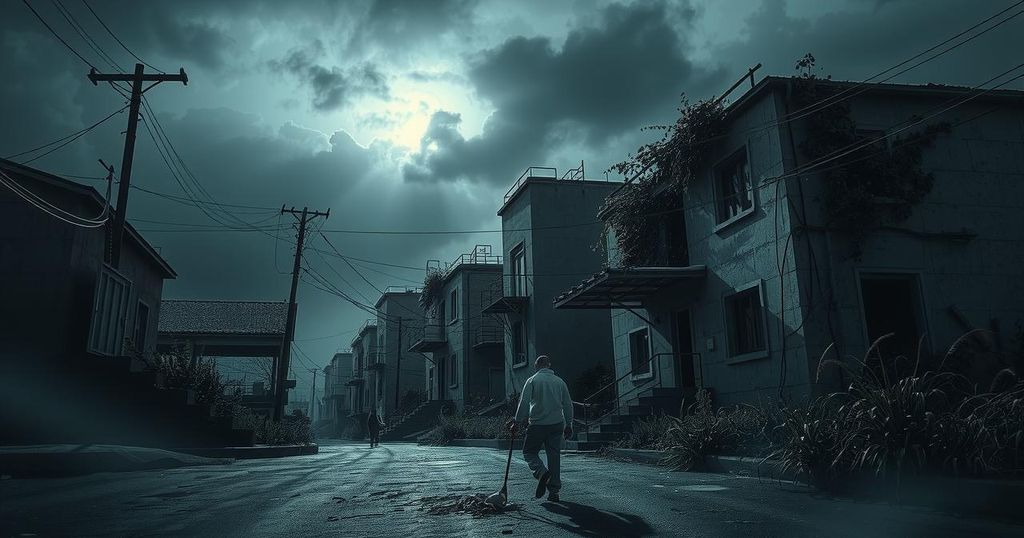Escalating Insurgency in the DRC: A Humanitarian and Geopolitical Crisis

A deadly insurgency, led by the M23 rebel group, escalates in the DRC as it expands control from Goma, potentially igniting a broader conflict. Over 400,000 people have been displaced, and dire conditions in Goma raise humanitarian alarms. The international community’s response is under scrutiny amid claims of Rwandan support for M23, and the implications for global mineral supply chains add urgency to the crisis.
A severe insurgency is currently advancing in the Democratic Republic of Congo (DRC), a nation rich in minerals essential for modern technology, such as smartphones and electric vehicles. The M23 rebel group is expanding its control by moving southward from Goma, marking one of the most significant escalations in the prolonged conflict lasting over a decade. The United Nations has issued warnings about the potential for this conflict to spiral into a larger regional war.
M23’s leader, Corneille Nangaa, recently proclaimed the intention to capture the national capital, Kinshasa, following the group’s recent takeover of the strategic city of Goma. In response, the Congolese government has called for a substantial mobilization of its forces. President Félix Tshisekedi has vowed to reclaim every territory lost in the conflict, emphasizing the government’s determination to confront the insurgents.
Violence has persisted in the DRC for decades, especially since gaining independence from Belgium in 1960. Recent fighting has intensified over the past three years, particularly since January when battles erupted between national forces and M23 insurgents, allegedly supported by Rwanda. The UN reports that over 400,000 people were displaced within the last month, highlighting the severe humanitarian crisis resulting from this turmoil.
The situation in Goma has become dire due to violent clashes, leading to the deaths of several UN peacekeepers and widespread disruption of services, including water and electricity. The Congolese government has declared the current offensive as Rwanda declaring war, with citizens facing dire conditions in the city, where corpses have reportedly filled the streets amidst a lack of food supplies.
International reactions have highlighted the gravity of the conflict. Romanian mercenaries deployed to aid the DRC were forced to surrender and take refuge at a UN peacekeeping base. Recent discussions between French Foreign Minister Jean-Noël Barrot and President Tshisekedi underscore the need for international intervention, especially as demonstrations against perceived inaction have turned violent.
The Democratic Republic of Congo has a long history of conflict, primarily fueled by ethnic tensions and competition over vast mineral resources. The M23 rebel group emerged amid the historical context of strained relations between Tutsis and Hutus, particularly following the Rwandan genocide in 1994. Efforts at establishing peace have been inconsistent, with several agreements leading to partial successes, but the underlying issues remain unresolved. The current escalation is deeply intertwined with regional dynamics, including Rwanda’s involvement in supporting M23, further complicating international responses.
The ongoing conflict in the DRC represents a critical humanitarian crisis with potential global implications. The advance of the M23 rebel group underlines not only the fragility of the nation’s stability but also the urgent need for the international community to respond effectively. As the situation worsens, the fate of millions in the DRC remains precarious, raising significant concerns about humanitarian protection and geopolitical influence.
Original Source: www.nbcnews.com







